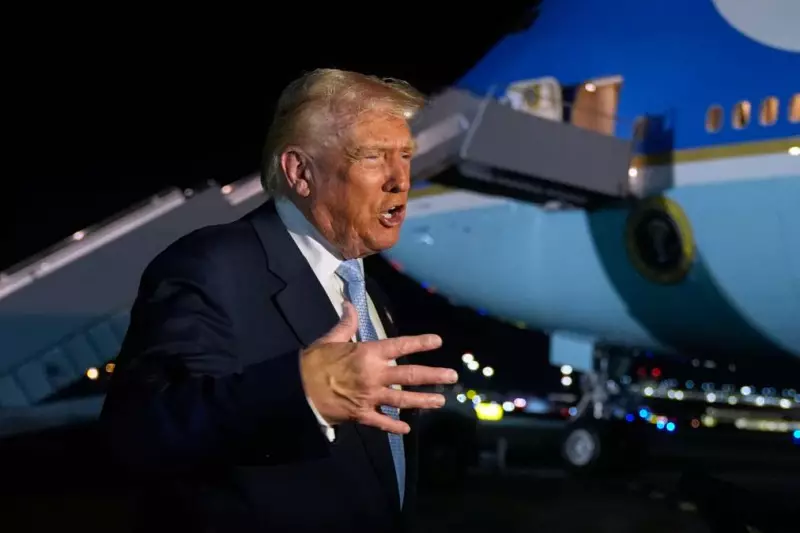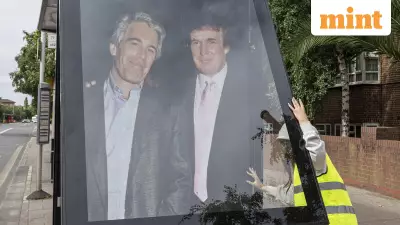
In a significant foreign policy development, former President Donald Trump has indicated the United States might engage in direct talks with Venezuelan President Nicolas Maduro's government. This potential diplomatic opening comes as the US military strengthens its presence in the Caribbean region, creating a complex geopolitical scenario.
Trump's Surprising Shift on Venezuela Policy
During a recent public appearance, Trump revealed that the United States "may have some talks" with the Venezuelan government under President Nicolas Maduro. This statement marks a notable departure from his previous administration's approach, which had maintained strong opposition to Maduro's leadership and recognized opposition leader Juan Guaidó as Venezuela's legitimate president.
The former president made these comments while discussing broader foreign policy matters, suggesting a potential recalibration of US strategy toward the South American nation. Trump's remarks come at a time when Venezuela continues to face severe economic challenges and political instability, with millions of citizens having fled the country in recent years.
Military Buildup in Caribbean Waters
Simultaneously with these diplomatic signals, the United States has been enhancing its military footprint in the Caribbean region. This strategic deployment includes naval assets and increased surveillance capabilities, though specific details about the scale and composition of these forces remain limited.
Military analysts suggest this buildup serves multiple purposes, including monitoring maritime traffic, countering illegal activities, and maintaining regional stability. The timing of these deployments alongside potential diplomatic overtures creates an interesting dynamic in US-Venezuela relations.
The Caribbean region has long been strategically important for US national security interests, serving as a gateway to both Atlantic and Pacific shipping routes. Venezuela's proximity to this area and its substantial oil reserves have made it a focal point in regional geopolitics for decades.
Regional Implications and International Response
This dual approach of potential diplomacy coupled with military presence has drawn attention from regional observers and international partners. Neighboring countries in Latin America and the Caribbean have historically held diverse views on Venezuela's political situation, with some maintaining relations with Maduro's government while others supporting the opposition.
The development occurs against the backdrop of Venezuela's ongoing economic crisis, which has seen hyperinflation, shortages of basic goods, and a significant decline in oil production despite the country possessing the world's largest proven oil reserves.
International responses to Trump's statements have been mixed, with some viewing potential dialogue as a positive step toward resolving Venezuela's political standoff, while others remain cautious about engaging with Maduro's administration given ongoing concerns about democratic processes and human rights.
The situation continues to evolve, with diplomatic channels reportedly being explored behind the scenes. Both US and Venezuelan officials have yet to provide detailed comments about the nature or timing of any potential talks, leaving room for speculation about the specific conditions and objectives that might shape such discussions.
As developments unfold, regional stability and the welfare of the Venezuelan people remain central concerns for international observers. The coming weeks may reveal whether these initial signals translate into substantive diplomatic engagement or remain as tentative overtures in a complex geopolitical landscape.





